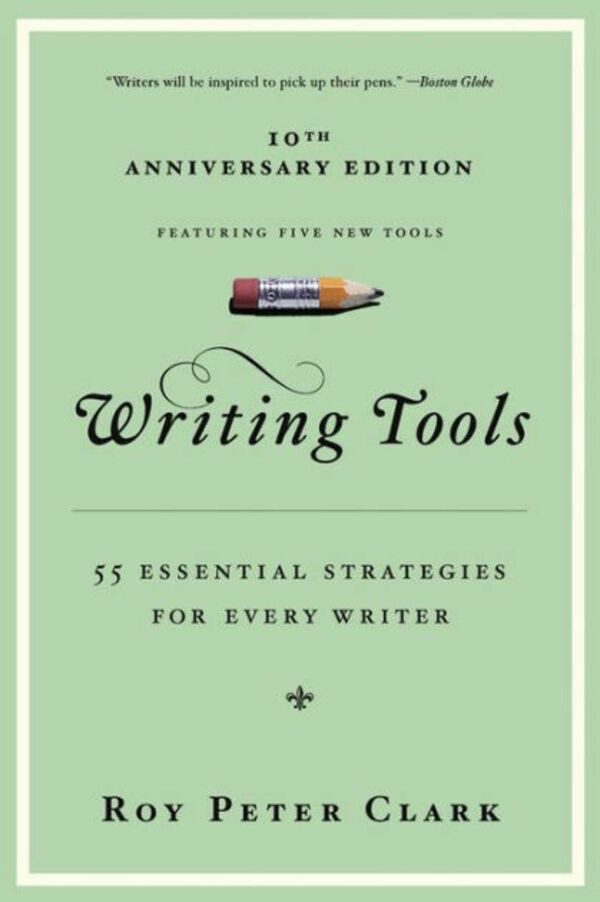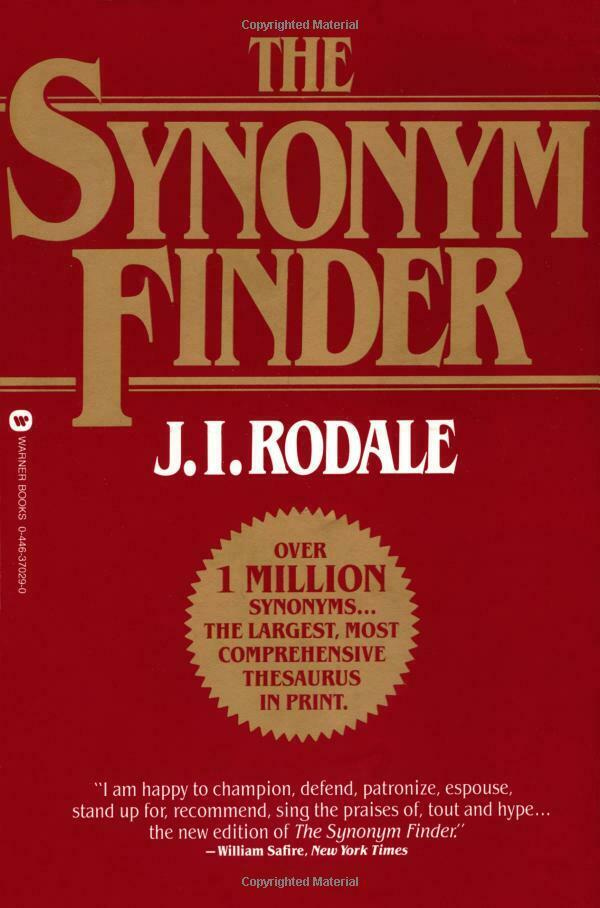How to Be Invisible

Obscuring your identity
This a book about how to hide from people who want to find you, such as ex’s, disgruntled associates, opportunistic lawyers, private investigators, stalkers, the press, etc. Hiding means obscuring your identity. It is not about hiding from governments, because as Luna observes, “privacy” is a matter of economics; anyone can be found using enough money, which is what governments have. Luna classifies the 4 levels of obscurity one can achieve by assigning them 4 levels of money paid to find you. Level 1 is hundreds of dollars, Level 2 thousands, and Level 3 tens to hundreds of thousands. Level 4 is the government. The more it costs to find you, the harder you have to work to remain hidden.
This book reveals the many tricks one can do to hide your location, your assets, your identity, while still paying your taxes. Most of these tricks are legal, or at least in the gray zone of “not outright illegal.” (For instance, by supplying true but irrelevant facts, rather than stating something false.) There are many legitimate reasons for not wanting to be found by someone (spousal abuse, escaping revenge, identity theft, etc.) but I think the overriding one that motivates this book is the fear of having assets seized in a frivolous “deep pocket” law suit.
What is clear from this guide is the degree to which one has to disconnect from ordinary connections in order to achieve the higher levels of obscurity. Very few people will want to live with the constraints required to completely mask your true identity. Yet you are only as hidden as your weakest link, which could be one of a thousands everyday connections such as an old account, forgotten password, unexpected stop at a border, or an old friend. Higher levels of disappearing demand relentless attention, and in many ways privacy becomes a full-time obsession, as it has for the author.
Even though he tries hard in this third edition, Luna is not keeping up to date with the digital world. Hiding is harder, but there are also new opportunities as well. However because Luna advises people to stay off social networks, he is not ahead of the curve. (These days if you don’t have a Facebook account full of friends, that is a sign you are fake.) A younger generation will have a harder time implementing these tactics, although the strategy remains the same.
I live my life in the complete opposite direction from what this book advocates, being as transparent and open as possible at all times. Life is too short, and openness has treated me well. Luna would call this naive, and it probably is. There are not many of his suggestions I will actually follow, because I am not battling an ex, not running from the press, not trying to hide assets from unscrupulous lawyers. But as the author notes, the time to enable privacy is before you need it.
Like many other tools, it’s good to know these options exists, even if you have no plans to use them now. Being aware of what possibilities we have for deep disguise and obsessive privacy is empowering. And of course, if you are trying to find someone, this book has all the tricks they may be using. I learned tons and consider it a bargain education.
05/11/13Excerpt
Level Three
This will almost certainly require a move from your present location. Both your home (or rental property) and you vehicles will be in the names of anonymous limited liability companies (LLCs). Your home address will now be hidden from all but your closest relatives and friends. It will no longer appear on your annual tax returns, or anywhere else. If you follow the directions in chapter 12, "E-mail and the Internet," your Internet/e-mail connections will be under cover and the black-hat boys and/or law firms may have to pay a PI some truly serious money to track you down. Are you worth that much to them? If not, sleep well.
*
I learned this one from a FEMA (Federal Emergency Management Agency) agent I met, while staying in a motel that was near a flooded area. Some years ago he bought a $98,995 motor home under another name, and did not license it. (He thus saved not only the license fees and road tax, but an $8,513.57 sales tax as well.) For $12 he got a fifteen-day permit to move it to a rural location in another state. From time to time he moves it, each time getting a temporary permit. Try to find out where this agent actually lives!
*
Watch For This Sneaky Trick
Suppose a private investigator wants to hear you talking to your lawyer (or mistress, or whomever). He may place a conference call, recording every word. Here is how it works. The first call would go to you, and when you answer, the PI punches HOLD and then speed-dials your lawyer. you start saying, "Hello? Hello?" Then your lawyer comes on the line. He recognizes your voice. Each of you may then assume the other person placed the call, and start to chat!
*
Suppose you wish to send $25,000 from Vancouver, British Columbia, to a friend in Helsinki, Finland. You would hand $25,000 cash to a Vancouver money changer (Hawaladar) in Vancouver, and receive code words (or an agreed signal such as a secret handshake) and a contact address in Helsinki. No actual cash moves out of Canada. Instead, when your friend gives the code to the correspondent hawaladar in helsinki, he will receive the equivalent in euros (less a commission) from money that is already there. To review:
-There are no written documents. The exchanges are based on mutual trust (perhaps for that reason unpopular in the United States?).
-Only local currencies are used. Thus, if you are sending money from the UK to Mexico, you pay in pounds and the receiver in Mexico collects in pesos.
-This exchange cannot be traced because no money crosses a border.
*
Since the IRS treats one-member LLCs as sole proprietorships for tax purposes, there are no income tax consequences. If you use your LLC for a part-time business, for example, you will merely report earnings and expenses on Schedule C and submit it with your 1040 tax return. Repeat: The income - -if any -- is listed on your personal tax return. Nowhere on the tax form will the name of your limited liability company appear. As far as the IRS is concerned, your limited liability company is invisible.
"How can I prove I own the company," I'm often asked, "if my name doesn't appear anywhere?" If privacy is the goal, I recommend New Mexico LLCs because they do not show ownership in the Articles of Organization (which are a public record). The best way to prove ownership, then, is to have the original LLC documents coupled with an operating agreement.
How To Be Invisible J. J. Luna 2012, 320 pages $17









